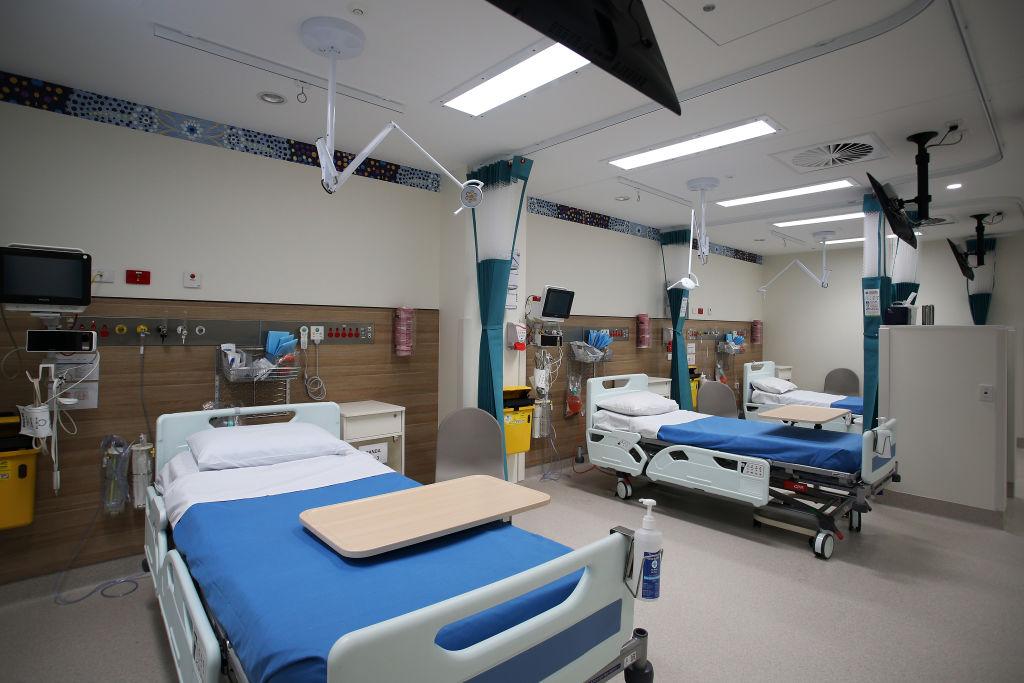Psychiatrists employed in the New South Wales public health system have begun following through on their threat to resign unless the State Government agrees to a 25 percent salary increase within a single year.
On Jan. 23, the state minister for mental health, Rose Jackson, confirmed that 43 psychiatrists had resigned and said that number was expected to increase “over coming days.”





